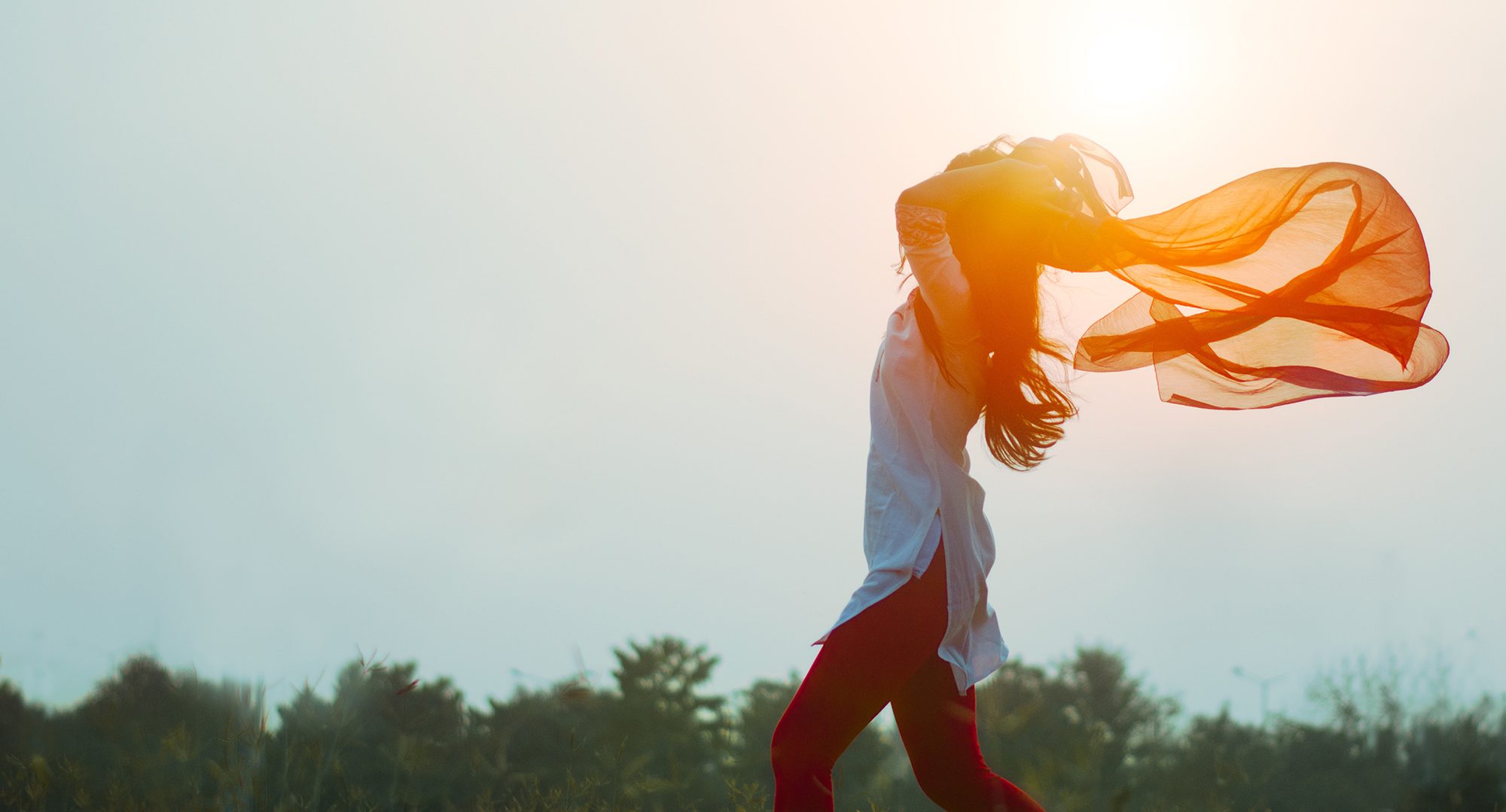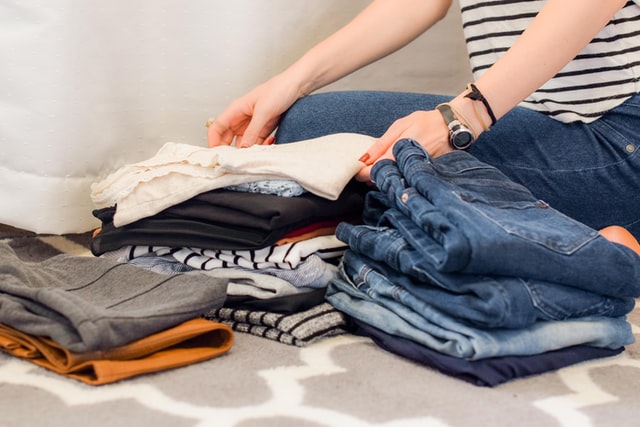One of the topics we are interested in is the transparent production of clothing on the one hand and the sustainable consumption of clothing on the other.
An exciting project is being carried out at the TU Berlin, which will investigate how to empower teenagers and young adults to buy clothes sustainably. That there is an oversupply of clothes in private households that are not worn and that leads to an enormous waste of resources is no longer a secret here in Germany.
But teenagers and young adults love to go shopping and preferably cheap. This leaves the odd piece of clothing in the wardrobe that doesn’t fit so well or doesn’t like the colour any more, completely unworn. Researchers from the universities in Berlin and Ulm will initiate so-called real laboratories with pupils in Berlin and Ulm. The students will be involved in the project from the very beginning and will develop the project work together with the practical actors and teachers. The aim is to develop innovative teaching and learning formats to promote sustainable consumer behaviour. A real laboratory experiment could be that the students have to get by with only 30 pieces of clothing (except underwear and socks) for half a year. In this way, the students learn first-hand that it is possible to create cool outfits with little clothing and a lot of creativity. Other real-world lab experiments could include setting up a sewing café where students can repair and recycle clothes and fabrics, or a clothing library where they can bring their own clothes and borrow others’. The real-world laboratory experiments will be carried out at three schools in Berlin and Ulm with eighth, ninth and eleventh-graders for one school term each.
But who will carry out this research project?
The project is a cooperation between scientists from the TU Berlin and the University of Ulm. The Department of Work Teaching/Economics and Sustainable Consumption at the TU Berlin is headed by Prof. Dr. Ulf Schrader, Dr. Samira Iran is a research assistant in the project. Further information can be found here:
We think these ideas are great, also because we already have them for private use. The real labs are a methodology that helps to learn faster and to involve all parties concerned in order to support the success of a goal. We are curious to see how successful these experiments will be, whether it will be possible for everyone to get by with 30 pieces of clothing and whether there will be a change in consumer behaviour and transferable in the end. In any case, we wish them every success and are following the results with interest.
photo credit by sarah brown / unsplash


